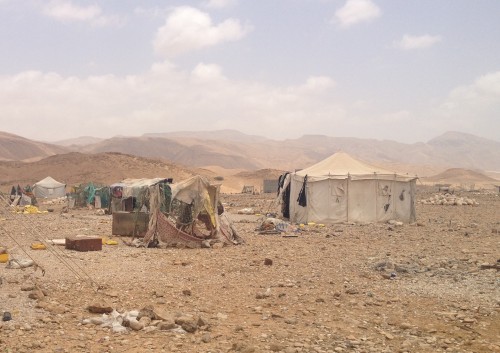I recently wrote an article on the BBC website about the current situation in Yemen. As the recent experience of several Middle Eastern countries has shown, when governments break down, terrorist groups flourish. Yemen is the latest casualty. The unraveling of Yemen’s government and subsequent civil war has only increased the operational reach of al-Qaeda. A Saudi-led coalition, backed by the US and UK, is currently conducting air strikes against Yemen’s Houthi-led rebels. The latter swept into Yemen’s capital last September and consolidated their grip on power earlier this year assisted by former president Ali Abdullah Saleh, who maintained control of much of Yemen’s military apparatus. Ironically, this international military campaign is playing into al-Qaeda’s hands in several ways: by targeting al-Qaeda’s own domestic enemies; by employing sectarian rhetoric that plays up Sunni-Shi’ite fault lines previously insignificant in Yemen; by destroying Yemen’s military hardware that had been used against al-Qaeda; and by enabling al-Qaeda to exploit the lawless war-torn environment to expand its influence and build alliances among southern and eastern tribes to combat the mutual Houthi foe.
But why was al-Qaeda in a position to step up to this fight? How had it managed not just to survive but to triple its numbers in recent years? After all, Yemen was relatively stable during the much lauded National Dialogue Conference 2013-14, while al-Qaeda suffered continual losses from drone strikes and its own suicide operations. An important part of al-Qaeda’s persistent appeal lies in what it does when it is not busy waging violent jihad or churning out position statements and theological treatises. While analysts tend to focus on the latter, or on recruitment activities inside prisons or mosques, locals are more likely to be enticed by al-Qaeda’s potent portfolio of soft-culture approaches.
For the full article, see here.








No Comment